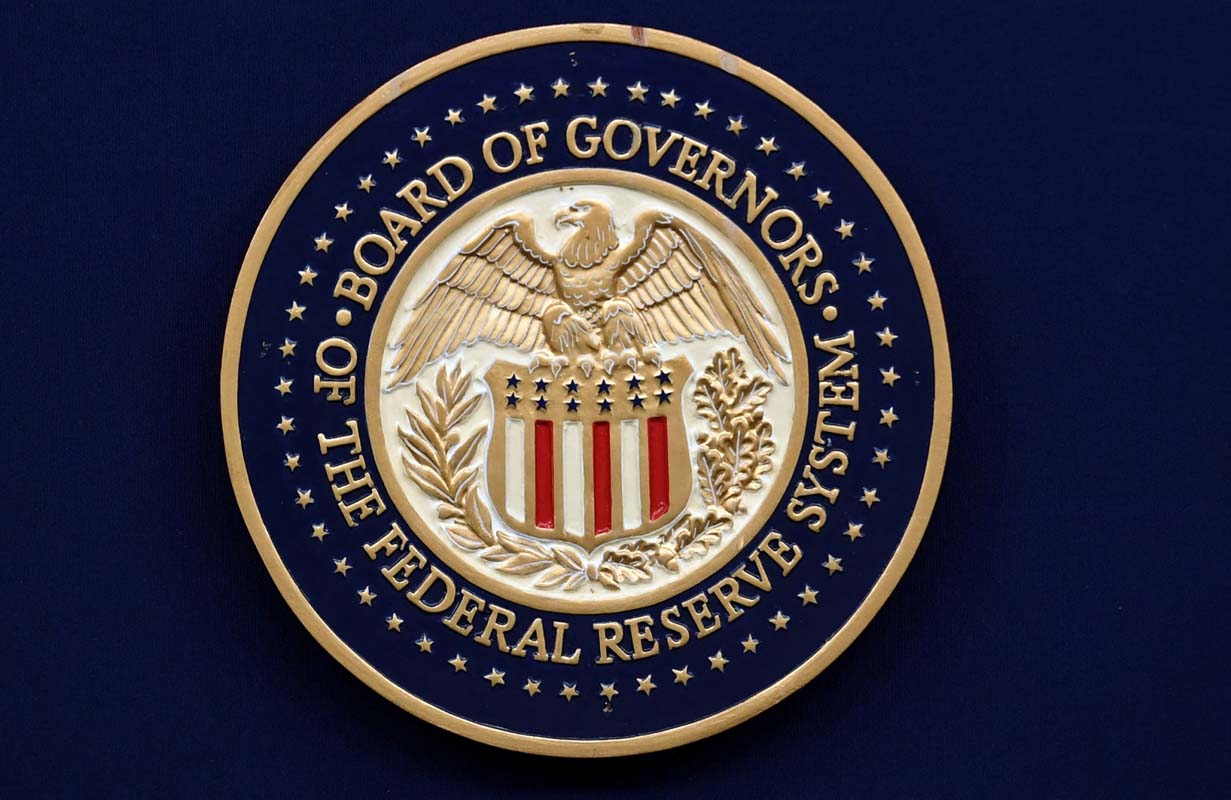
403
Sorry!!
Error! We're sorry, but the page you were looking for doesn't exist.
US inflation eases to 2.9 percent in July, fuels speculation of interest rate cuts by Federal Reserve
(MENAFN) The annual inflation rate in the United States dropped to 2.9 percent in July, falling below the anticipated 3 percent that had been consistent over the previous two months. This marks the lowest inflation rate in over three years and has sparked renewed optimism that the U.S. Federal Reserve might soon consider lowering interest rates. The July inflation data suggests that the economy is gradually stabilizing, and with inflation easing faster than expected, there is growing speculation that the Fed could pivot from its current monetary tightening stance. On a monthly basis, consumer prices increased by 0.2 percent, which aligned with forecasts and followed a -0.1 percent decline in June, reflecting a modest upward pressure on prices.
Despite the positive trend in inflation, the Federal Reserve has maintained a cautious approach, signaling that it would only consider cutting borrowing costs once it is confident that inflation is on a sustainable path back to normal levels. In recent months, there has been an increasing acknowledgment among Fed officials of the potential risks associated with keeping interest rates elevated for an extended period. These concerns are amplified by signs of a slowdown in the labor market, which could indicate that the economy is beginning to feel the strain of prolonged monetary tightening. As global markets remain jittery about the impact of the Fed's policies, the latest inflation figures may influence the central bank's upcoming decisions on interest rates.
Housing costs continue to be a significant driver of inflation, with shelter prices accounting for nearly 90 percent of the monthly increase in consumer prices. This persistent rise in housing costs has kept inflation elevated, even as other components, such as energy prices, have remained stable after several months of declines. The Fed's challenge lies in balancing the need to control inflation without stifling economic growth, especially as certain sectors, like housing, exert disproportionate influence on the overall inflation picture. As the central bank assesses the evolving economic landscape, the recent drop in inflation could be a key factor in determining its next steps, particularly regarding interest rate adjustments.
Despite the positive trend in inflation, the Federal Reserve has maintained a cautious approach, signaling that it would only consider cutting borrowing costs once it is confident that inflation is on a sustainable path back to normal levels. In recent months, there has been an increasing acknowledgment among Fed officials of the potential risks associated with keeping interest rates elevated for an extended period. These concerns are amplified by signs of a slowdown in the labor market, which could indicate that the economy is beginning to feel the strain of prolonged monetary tightening. As global markets remain jittery about the impact of the Fed's policies, the latest inflation figures may influence the central bank's upcoming decisions on interest rates.
Housing costs continue to be a significant driver of inflation, with shelter prices accounting for nearly 90 percent of the monthly increase in consumer prices. This persistent rise in housing costs has kept inflation elevated, even as other components, such as energy prices, have remained stable after several months of declines. The Fed's challenge lies in balancing the need to control inflation without stifling economic growth, especially as certain sectors, like housing, exert disproportionate influence on the overall inflation picture. As the central bank assesses the evolving economic landscape, the recent drop in inflation could be a key factor in determining its next steps, particularly regarding interest rate adjustments.

Legal Disclaimer:
MENAFN provides the
information “as is” without warranty of any kind. We do not accept
any responsibility or liability for the accuracy, content, images,
videos, licenses, completeness, legality, or reliability of the information
contained in this article. If you have any complaints or copyright
issues related to this article, kindly contact the provider above.


















Comments
No comment